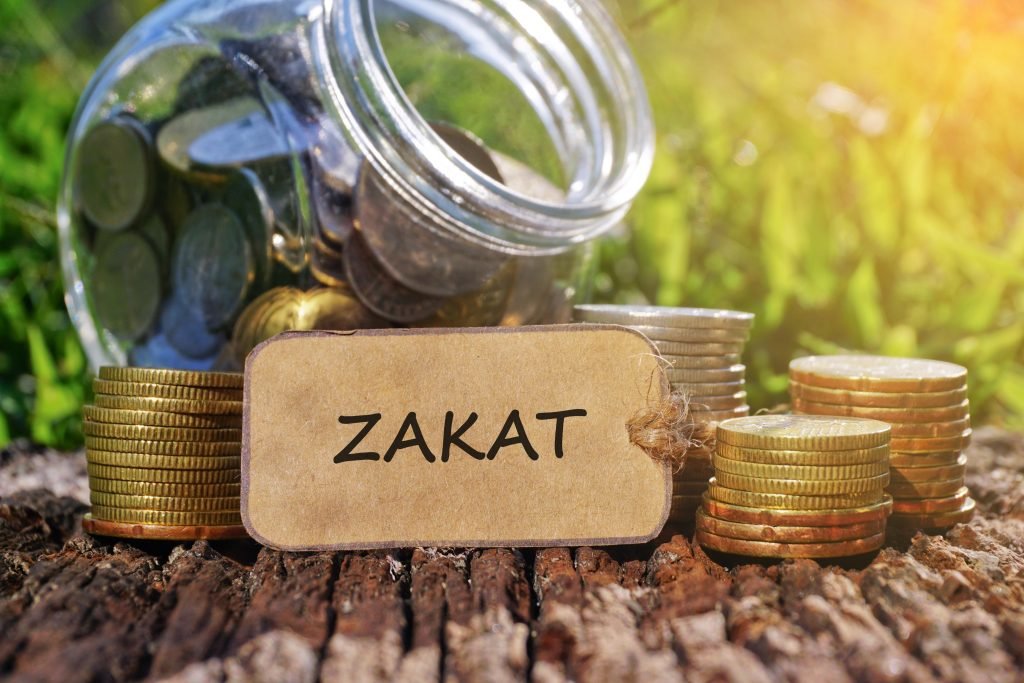
The Third Pillar of Islam is zakat, or alms giving or charity. Zakat means purification which indicates that a payment makes the rest of one’s wealth legally and religiously pure. By following this pillar, Muslims have to deduct certain amount of their wealth to support the Islamic community — usually about 2.5% of their wealth. This practice is not found in the Quran but rather in the hadith. The Zakat is used to take good care of the individual’s specific Muslim community or to give assistance to those in need or who are impoverished.
The word zakāt can be defined as purification and growth because it allows an individual to achieve balance and encourages new growth. The principle of knowing that all things belong to Allah is essential to purification and growth. Zakāt is obligatory for all Muslims who are able to do so. It is the personal responsibility of each Muslim to ease the economic hardship of others and to strive towards eliminating inequality. Zakāt consists of spending a portion of one’s wealth for the benefit of the poor or needy, such as debtors or travelers.
There are five principles that should be followed when giving the zakāt:
- The giver must declare to God his intention to give the zakāt.
- The zakāt must be paid on the day that it is due.
- After the offering, the payer must not exaggerate on spending his money more than usual means.
- Payment must be in kind. This means if one is wealthy then he or she needs to pay a portion of their income. If a person does not have much money, then they should compensate for it in different ways, such as good deeds and good behavior toward others.
- The zakāt must be distributed in the community from which it was taken
